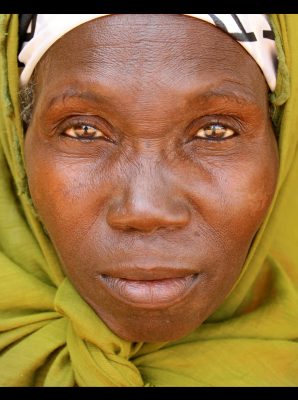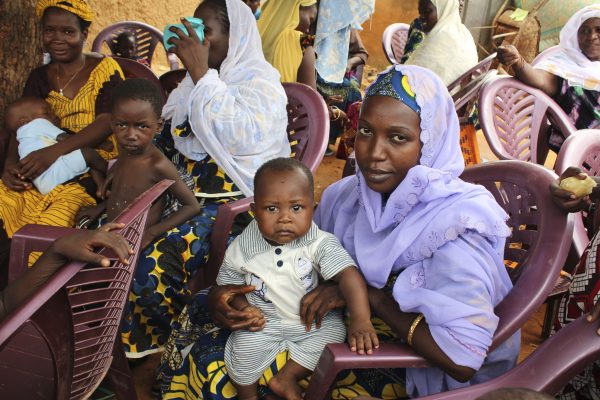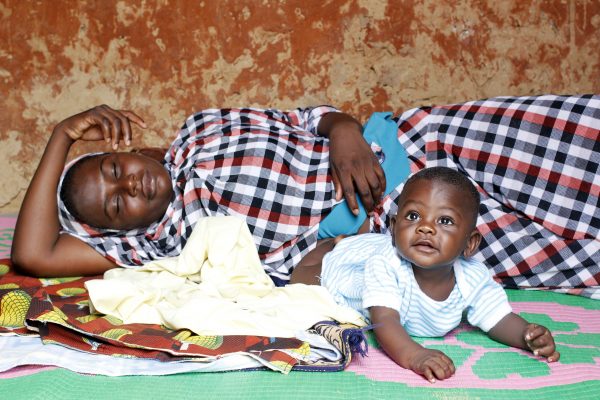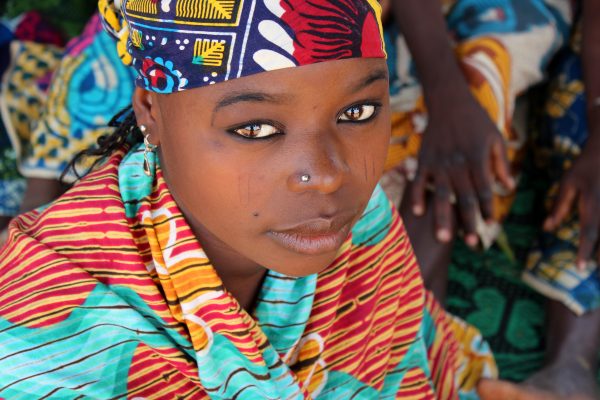Over the past 15 years, in sub-Saharan Africa, South and Central America, and East and Southeast Asia, my research has focused on the social dynamics of health and illness. I explore how people interface with health systems and health technologies, how illness and treatment affect the size and strength of social networks, why people get sick, how they think about their bodies, and how and when they seek care.
Highlights:
Funded by the Fulbright Hays, the National Science Foundation, the Wenner-Gren Foundation, the Worldwide Fistula Fund, Washington University in St. Louis, and University of Maryland, my research examines the lived experience of 100 women with fistula, particularly their negotiation of treatment seeking, social dynamics, and marital relationships. My research also critiques humanitarianism, dissecting popular and academic assumptions regarding fistula and investigating how predominant fistula discourse is characteristic of longstanding and historically embedded patterns of engagement with women’s bodies in Africa. This work is being published in the book Fistula Politics: Birthing Injuries and the Quest for Continence in Niger.
SELECTED PUBLICATIONS:
- Heller, Alison. 2018. Transforming Obstetric Fistula through Concealment in Niger. Human Organization 77(3): 239-248.
- Heller, Alison. 2017. Demographic Profile and Treatment Outcomes of 100 Women with Obstetric Fistula in Niger. Proceedings in Obstetrics and Gynecology.
- Heller, Alison and Anita Hannig. 2017. Unsettling the Fistula Narrative: Cultural Pathology, Biomedical Redemption, and Inequities of Health Access in Niger and Ethiopia. Anthropology & Medicine.
- Heller, Alison. 2014. Bedside Manner and the Invisible Patient: The Silence Surrounding Women’s Gynaecological Health in Niger. Anthropology Today 30(1): 20-23.




